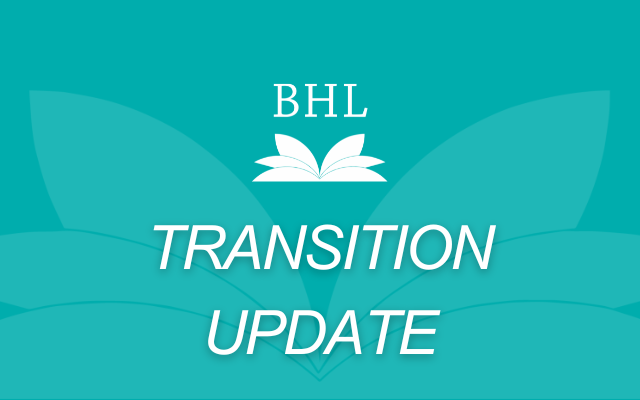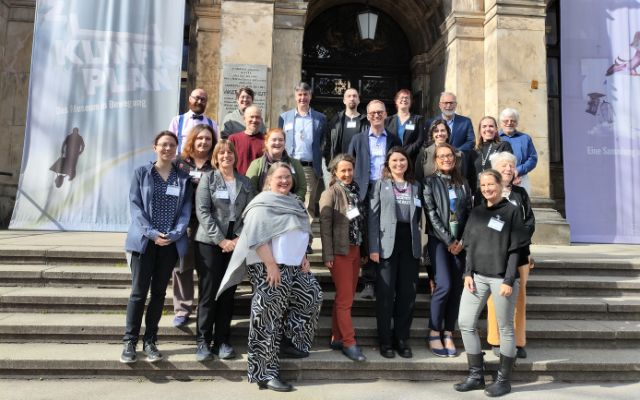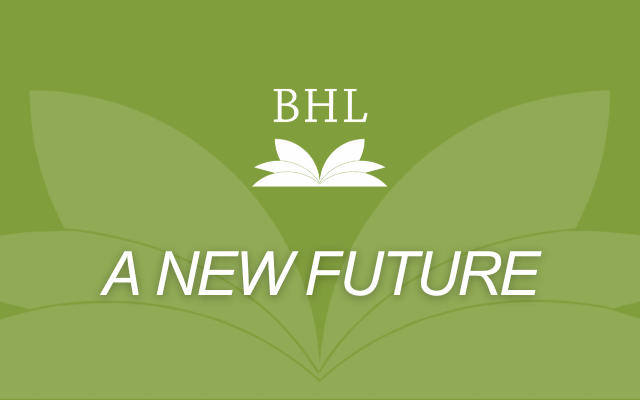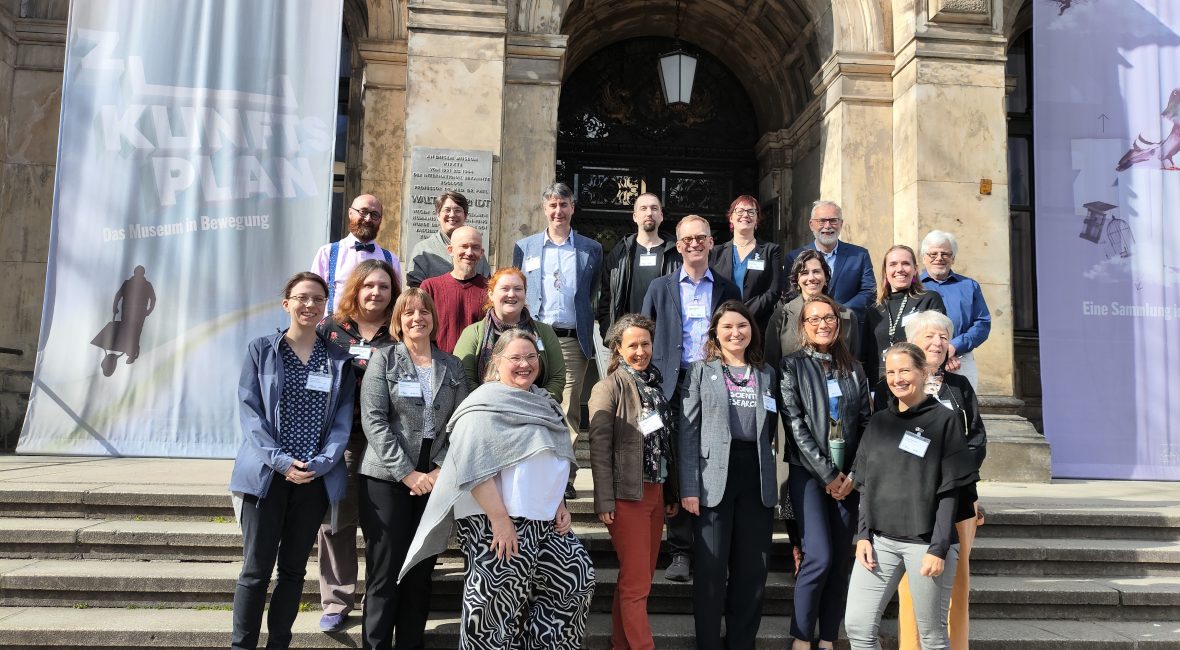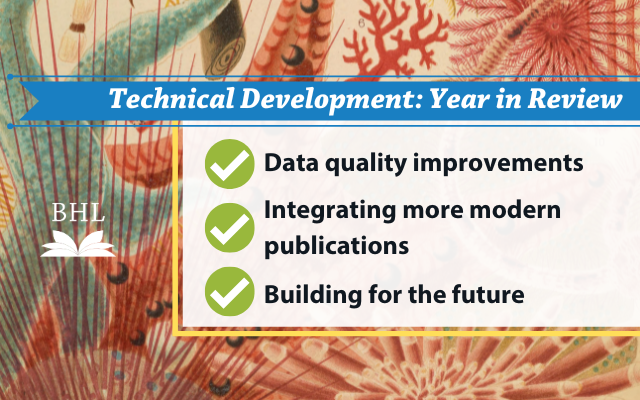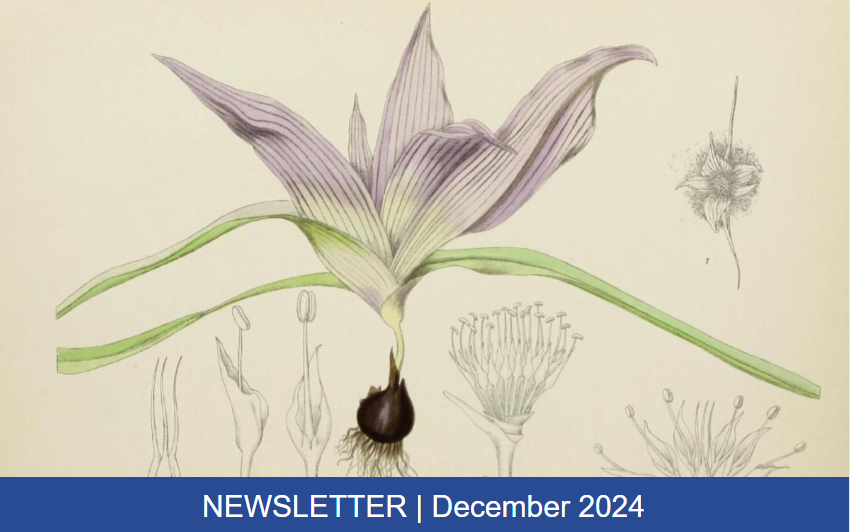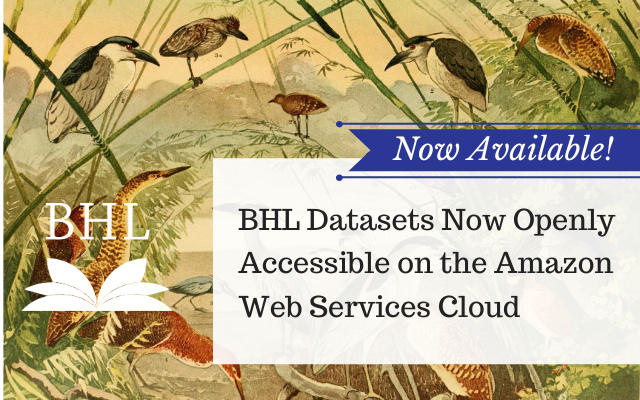Leadership, Fiscal Sponsorship, and Hosting Opportunities
In April 2025, the Biodiversity Heritage Library (BHL) released a public statement announcing that the Smithsonian Institution, our administrative and technical host since 2006, will step back from this role as of January 1, 2026. That announcement marked the beginning of a new chapter for BHL: one filled with both challenges and possibilities.
Today, we’re pleased to share the first in a series of monthly blog posts that will provide open updates on the progress of our transition. We know uncertainty can be unsettling, and we want to assure our global users, partners, and supporters that the transition is well underway, and that we are actively building a stronger and more sustainable future for BHL.
Continue reading


